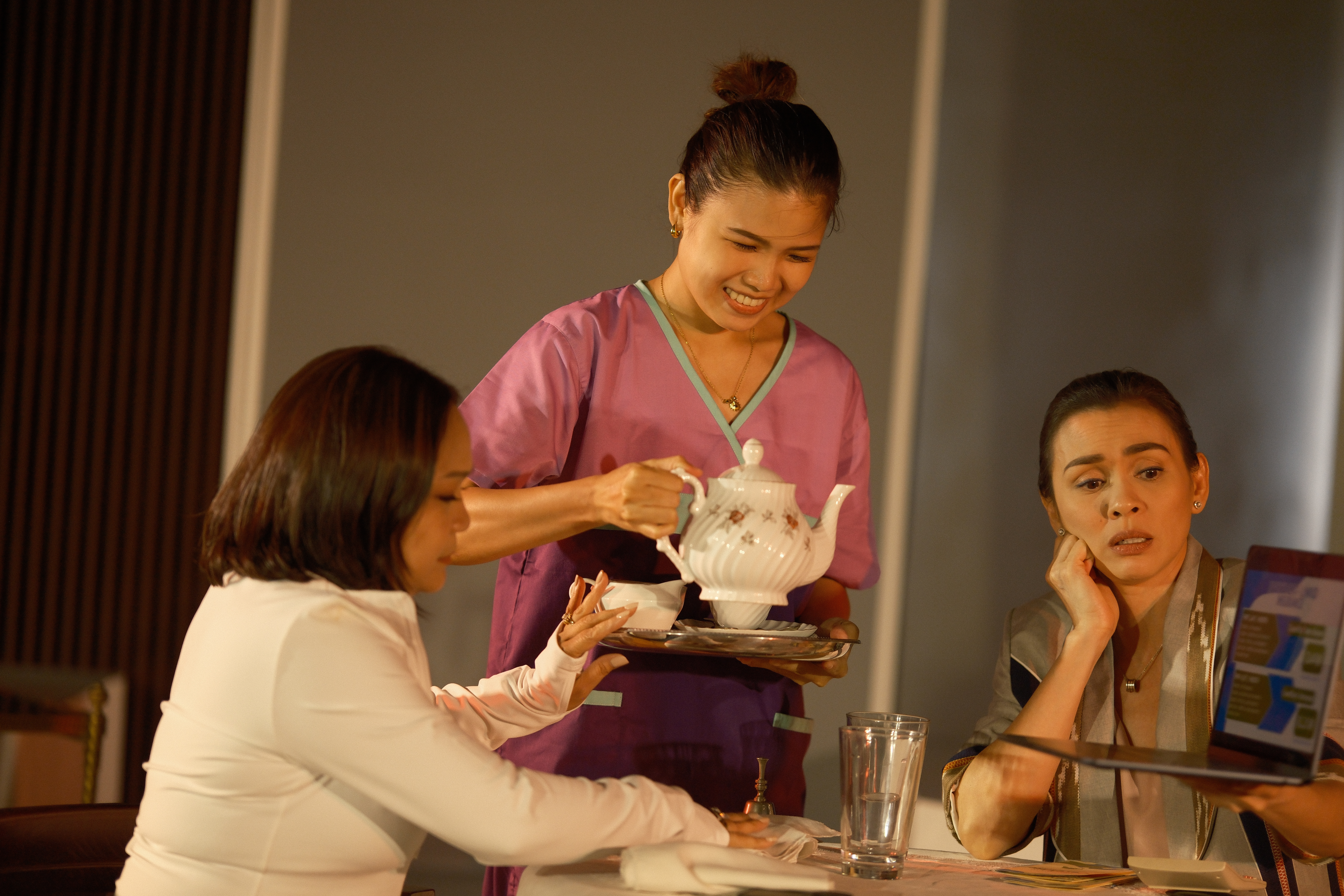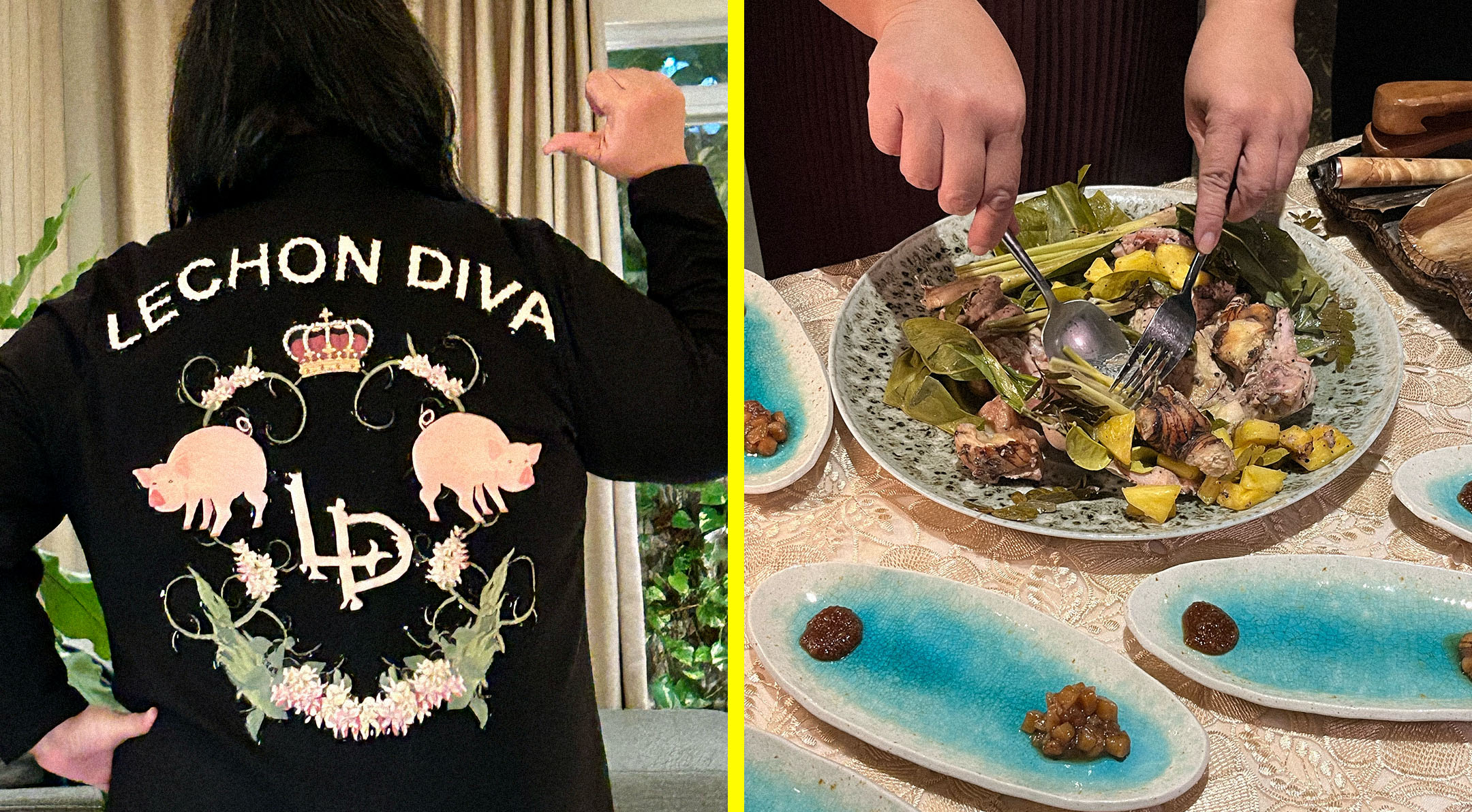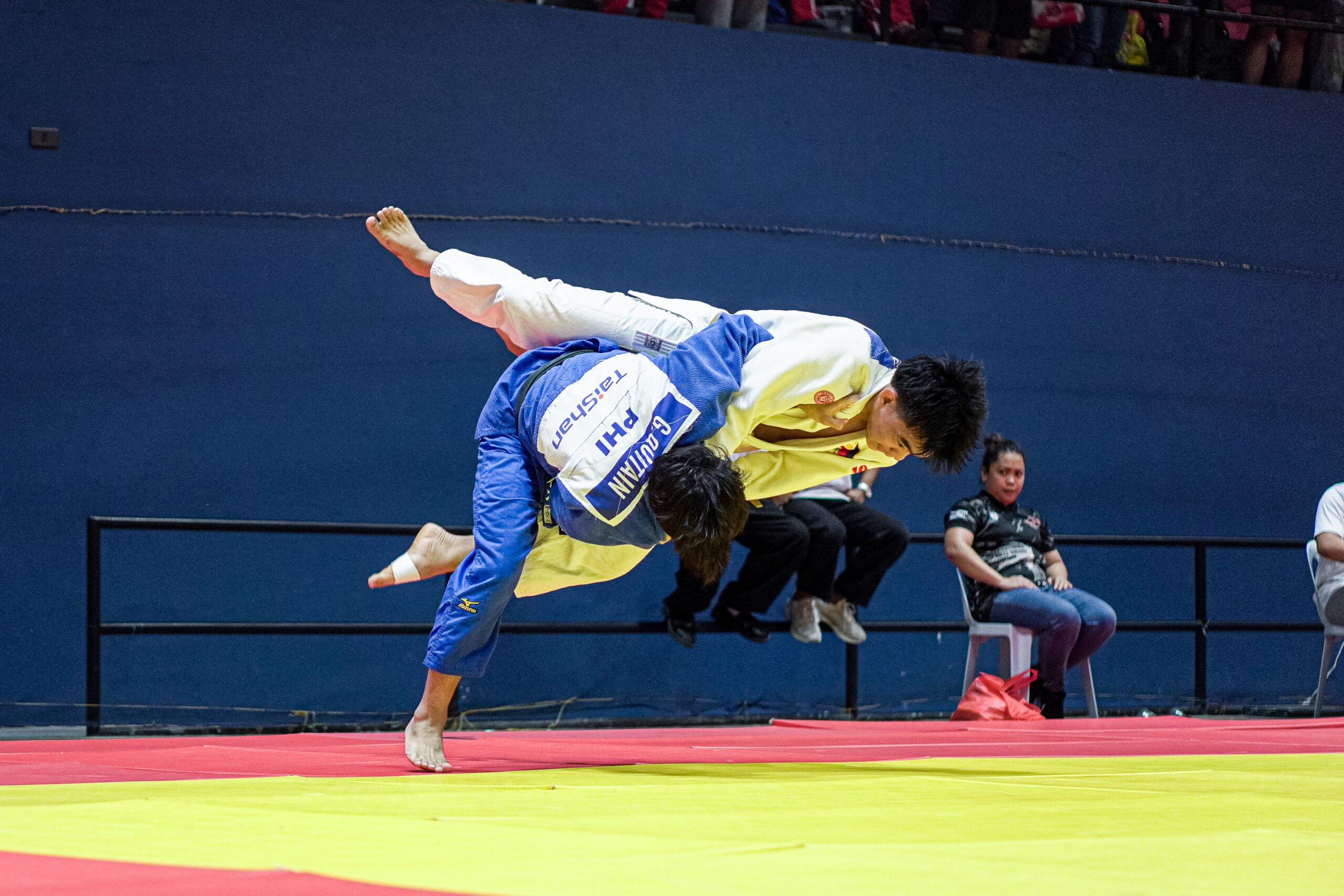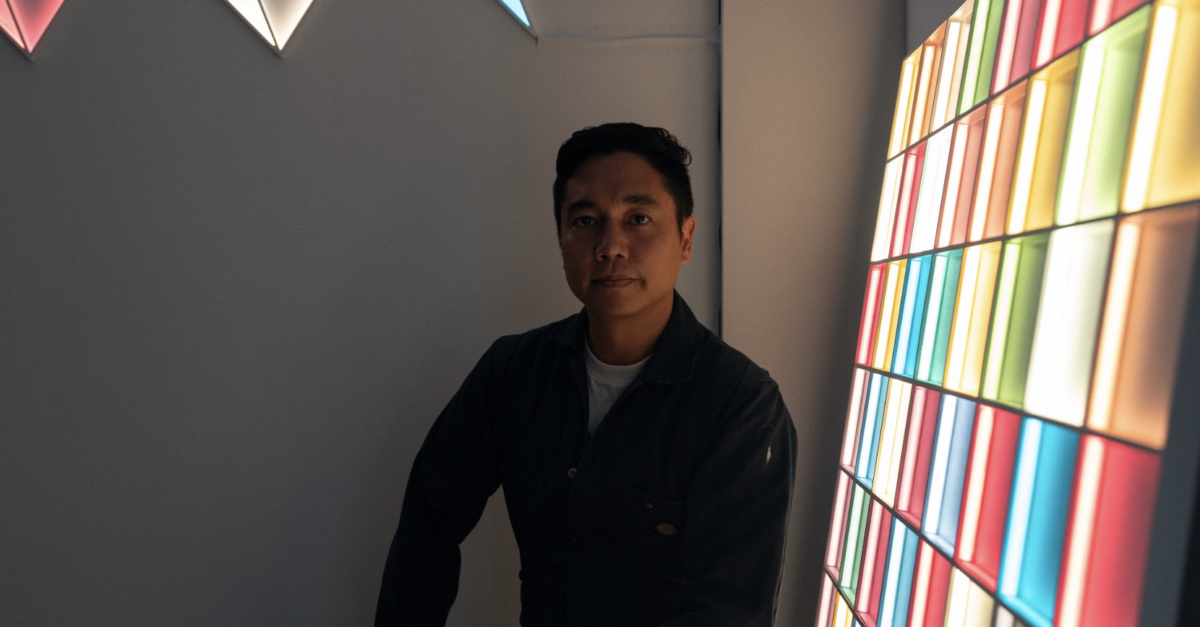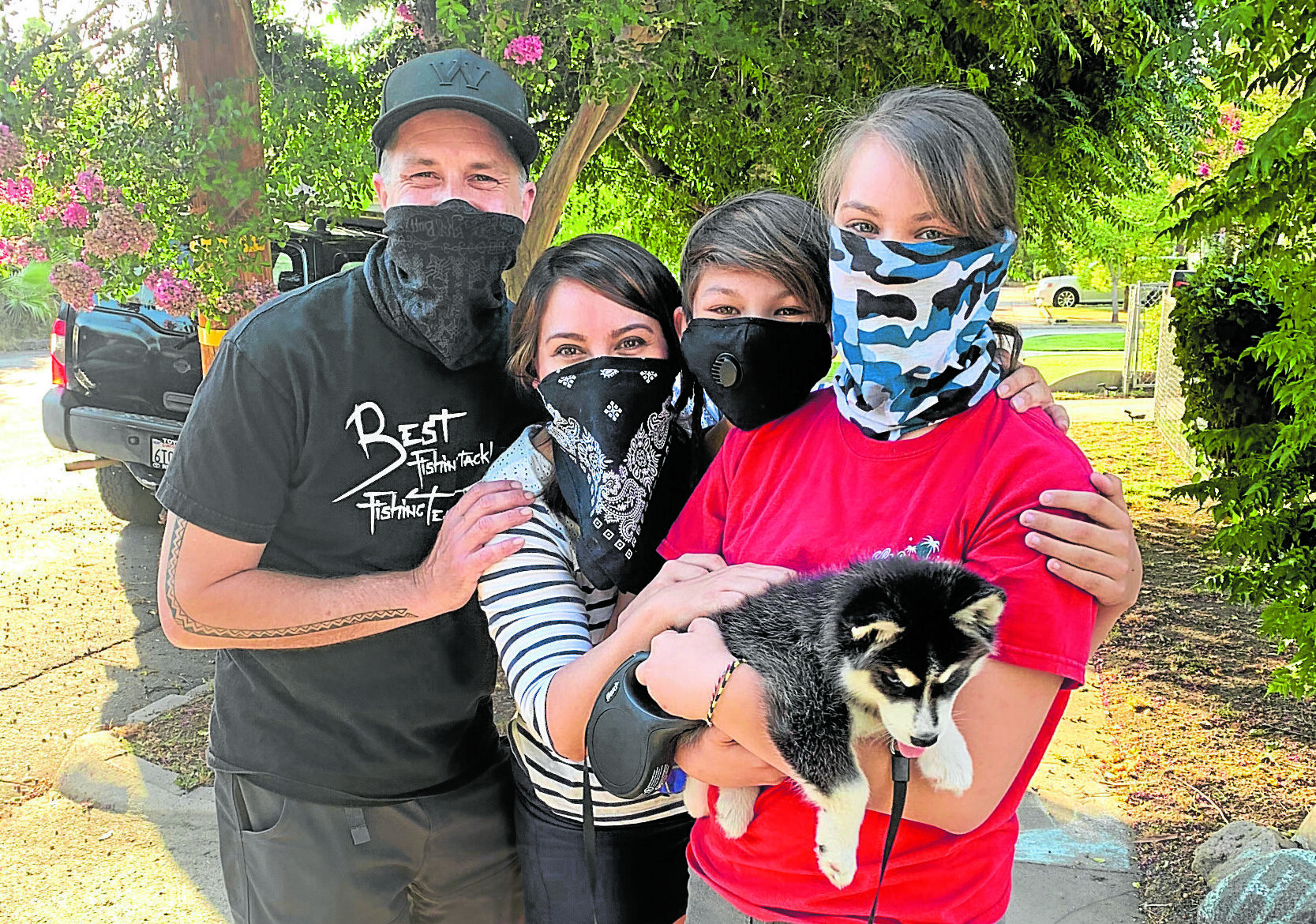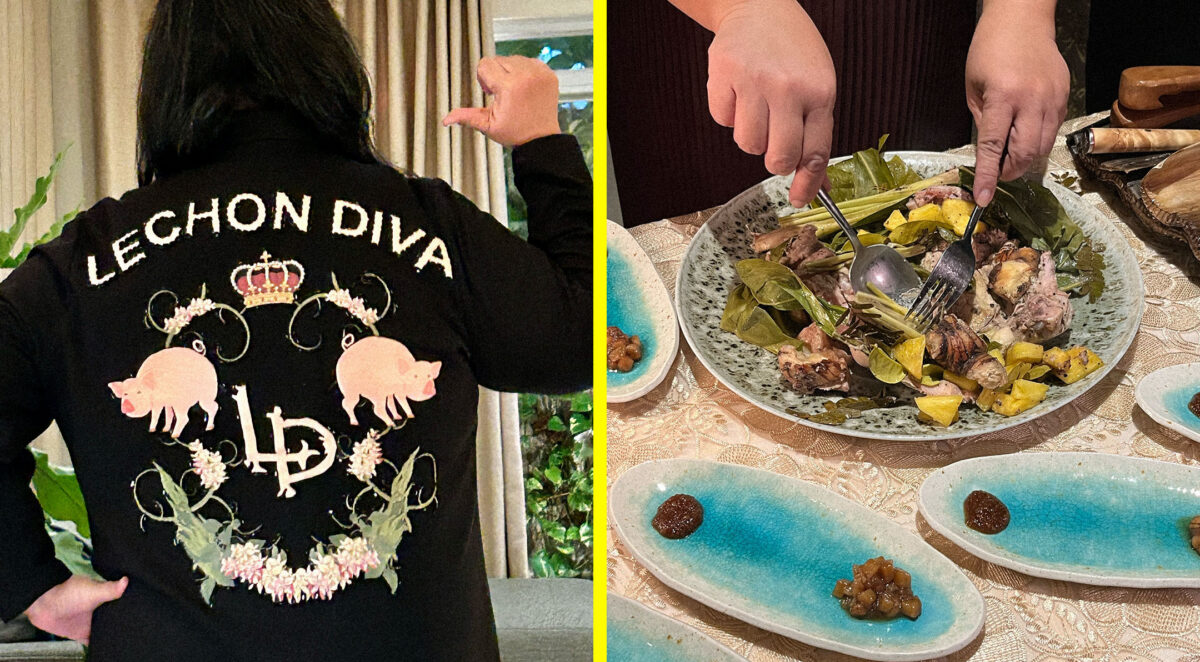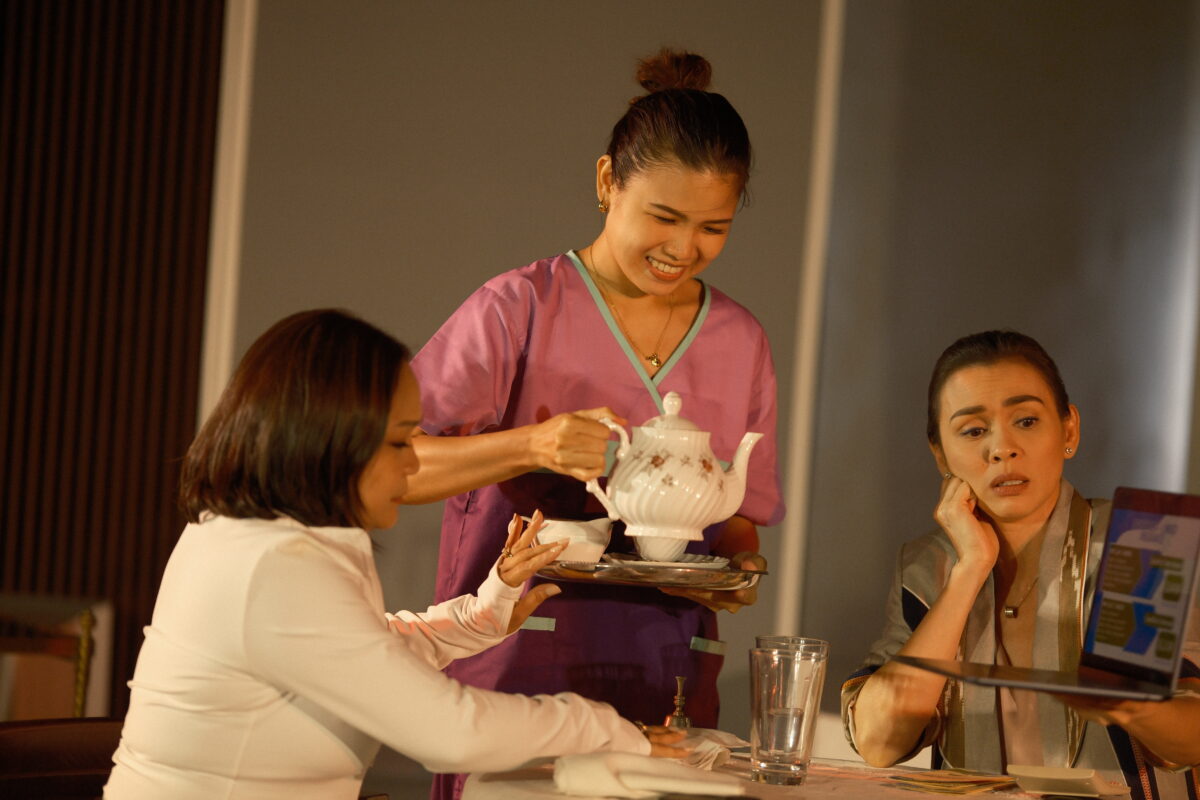
The disruptive business model is a fast-growing trend across different industries, where traditional business models are replaced by more radical approaches. For example, ride-sharing apps—services that turn vehicles into virtual limousines with lower rates—have grown increasingly popular.
PandaBed is another disruptive business model that has been steadily growing across Asia. This Asian-centric holiday home rental website is for travelers looking for a more affordable alternative to hotels.
It is a brainchild of friends James Chua and Lester Kang, two Singaporeans who met while studying in California in 2002. They became fast friends through their love for travel.
They discovered the concept of homestays while traveling through Europe, where homeowners would either open up a couch or bed, a room or an entire apartment to tourists.
Upon returning to Singapore, they thought that the homestay concept was still not in place around Asia; but they realized that there were homeowners who have opened their houses with a similar arrangement, except that it was mostly underground and the only way to find one was either through referrals or word of mouth.

Asian quirks
Those who have booked through similar sites like Airbnb will be familiar with PandaBed’s setup. The main difference is that PandaBed caters largely to Asian quirks and sensibilities.
For example, most Asian travelers are less likely to prefer a homestay setup, like rooming with a host they won’t be comfortable with. PandaBed helps to match the right homeowners and travelers.
PandaBed also doesn’t cater to adventurous youth; what it can offer, for instance, says James, are apartments for 55-year-old conservative women who are traveling alone.
Many Asians appreciate the homestay setup not just for savings but also for kitchen privileges. “Asians love to cook,” says James. “Some have dietary restrictions that make it hard for them to eat daily in restaurants. We’ve had Indian customers whose luggages were filled with ingredients to cook for their families.”
Lester and James have also observed how Filipinos love traveling in big groups. PandaBed has found lodging for groups of 12 or more. The apartment setup also allows travelers to discover neighborhoods beyond the usual tourist areas.
Clean, cozy, cool
The PandaBed-listed studio apartment where we stayed during our Singapore trip, for example, was in Cavan Road near Bugis. It was clean, cozy, and had centralized air conditioning that felt like it could cool an apartment four times the size of ours.
The Wi-Fi was fast, the kitchen and bathroom were spotless, and there was even a washing machine available for our laundry needs.
It was conveniently located a few minutes from the train station. The place, which could comfortably accommodate four people, had a nightly rate of $150— not bad for a group of friends looking for a place to rent while in Singapore.
The neighborhood had a laid-back vibe that was a contrast from the busy thoroughfares of Singapore’s central districts.
Lester told us that the place is nestled in an up-and-coming district that is also home to indie boutiques and hip cafés.
PandaBed currently lists around 5,000 properties across Southeast Asia, with plans to expand. To first-timers in the homestay setup, look out for the special badges that PandaBed awards to tried-and-tested apartments.

“Anyone who has a home can list it on PandaBed, but not everyone can earn our badges,” says James. The highest distinction PandaBed has given is the “thumbs-up” badge, which means that the property is personally recommended by the PandaBed staff. “It means we’ve seen it with our eyes, and our staff has personally gone to the house. The thumbs-up badge is the hardest to get,” he points out.
Some 10 percent of the properties listed on PandaBed have earned the thumbs-up badge.
PandaBed is likewise a great way to find lodging during seasons or festivals when a particular destination is inundated with tourists.
MassKara
Lester and the PandaBed team were recently in Bacolod for the MassKara festival. Prior to the event, Lester, who had anticipated the influx of tourists attending this colorful holiday, went around the city to look for homeowners wanting to rent out their properties.
Every year MassKara draws some 250,000 visitors, with only 20 hotels listed on major booking sites; PandaBed wanted to bridge that gap.
In the two weeks its staff spent in September, PandaBed listed 60 additional homes in Bacolod during MassKara, with a 60-percent occupancy rate.
Lester recounts the story of Hannie Sy-Chua, a young Bacolod-based entrepreneur who opened up her home to students. Upon seeing the PandaBed invitation, she immediately signed up her apartment.
“She is always delighted about the idea of helping locals generate income as she knows well that Bacolod does not have a major source of income apart from sugarcane planting,” says Lester. “Because her family loves Bacolod, they decided to stay and open up a new business that employs local manpower.”
Hannie now spends most of her time there, managing the apartment with the help of her husband.
Log on to pandabed.com. Like it on facebook.com/PandaBed; follow on Twitter: @PandaBed_Asia.



